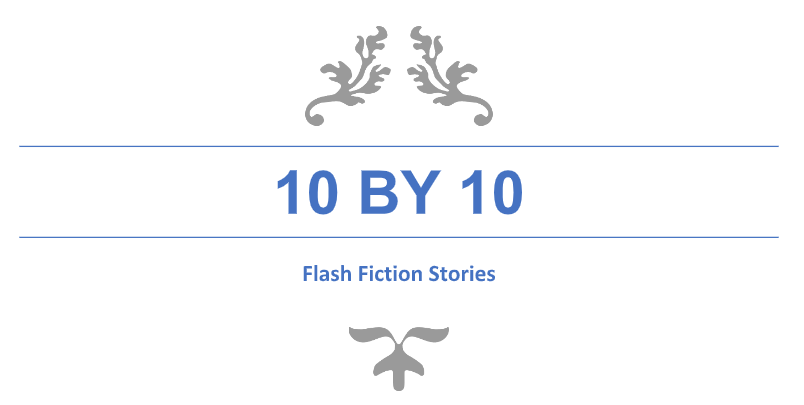by Laurie Rosen
As I drove out of town I sighted the hitchhiker, a brown bear, paw casually stuck out into traffic, a quizzical look on her face. I swung my red Mustang convertible into the breakdown lane, thought for a moment or two, turned the car around and went back for her. It was one of those warm days in February, a misplaced day that one would expect in April or May. The bear, groggy and scrawny, tilted her head, unsure whether she could trust me or not. I nudged her to join me and well, she reeked desperation.
I heard she got herself into a mess, clawing at bird feeders, knocking over compost bins, ripping apart garbage pails, flinging herself against the cafe’s screen door. Neighbors demanded she leave, to journey somewhere south where the berries and buds might have begun to grow.
I guessed she heard about my woes, too. Though mismatched we might still be good for each other, we were traveling in the same direction and I carried along a pouch full of trail mix I was happy to share. Neither of us spoke of the mayhem we left behind, we understood we were victims of differing catastrophes, but catastrophes nonetheless. Off we went, spasmodically at first—new at manual driving,
I hastily surrendered the clutch, pestled the gears, finally soaring away from that place. The narrow road wound through canyon, hairpin turns and steep cliffs, my new friend smashing up against the door with every curve. She grit her teeth, I pushed harder on the gas pedal, eager to escape.
We began to hum along to the radio, a catchy song, it mattered little that neither of us knew the words or even spoke the same language. We relaxed—that bear lacked all judgment and boy, she carried a tune!
The music and noon sun melted any facade between us. Hesitantly, we shared our stories. Somehow we understood one another. The bear expressed her frustration at being maligned––the enemy, in fairy tales and war stories, the aggressor––a metaphor for the worst of humankind.
Couldn’t they see her bearyness? She let out a growl, a large tear fell down her fuzzy face. She was fighting for survival—something I recognized in myself too, during those despondent days.
From that moment on I vowed to do my part, plant some trees and call the despots what they are: Not bears but slimy, evil snakes.
One day, long after the bear and I went our separate ways, I craved the road again and silently slunk out of town, this time in my fully charged electric jeep.
There on the side of the highway, I spied a glistening, green spotted rattler, erect in a woven willow basket. Her forked tongue hung out the side of her mouth—pointing in the direction I too, yearned to go.
